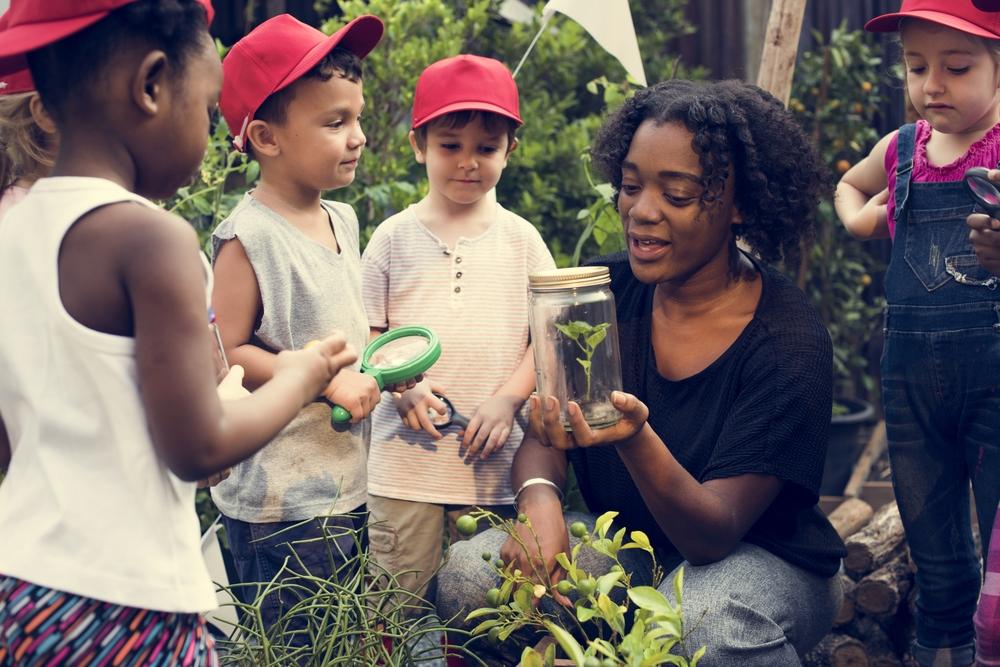Beginning at birth, children are like “sponges,” absorbing everything in their environment. Their minds are filled with soaking up as much information as possible, constantly and effortlessly. This is the beginning of a lifelong process in exploring the world with an innate sense of wonder and eagerness to learn.
Children who use their natural curiosity and hunger for knowledge will cultivate a lifelong love for learning. When they are internally motivated to know about things of interest, children will enthusiastically ask how, what, and why. They will become self-disciplined and confident. As a result, they will take initiative and develop strong academic skills.
